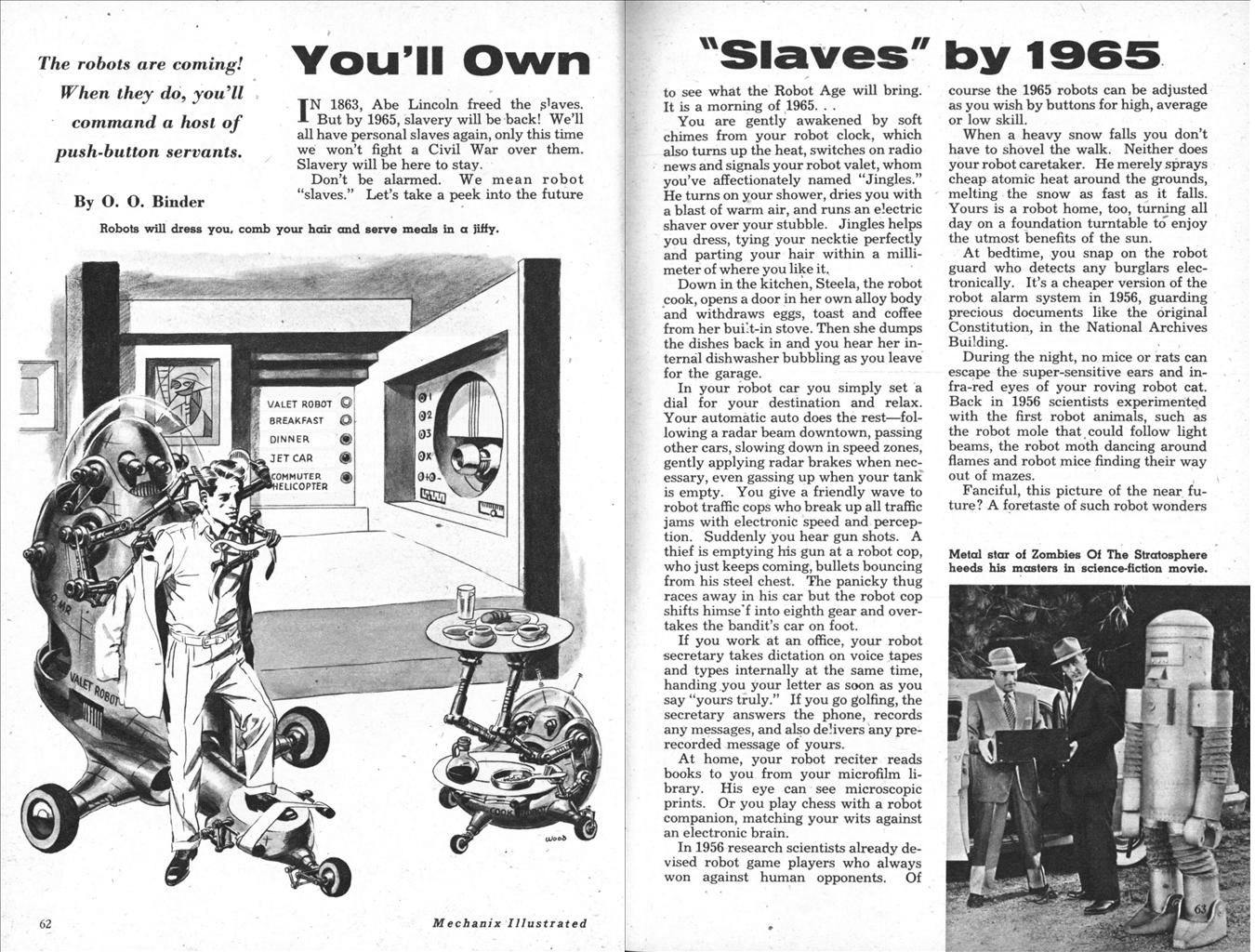471 reads
With Rise of ChatGPT, Is Now the Correct Time to Ask Whether AI Should Have Rights?
by
March 29th, 2023
Audio Presented by

Author of sci-fi and horror, narrative designer, and independent film producer. Loves cassette futurism.
Story's Credibility

About Author
Author of sci-fi and horror, narrative designer, and independent film producer. Loves cassette futurism.
